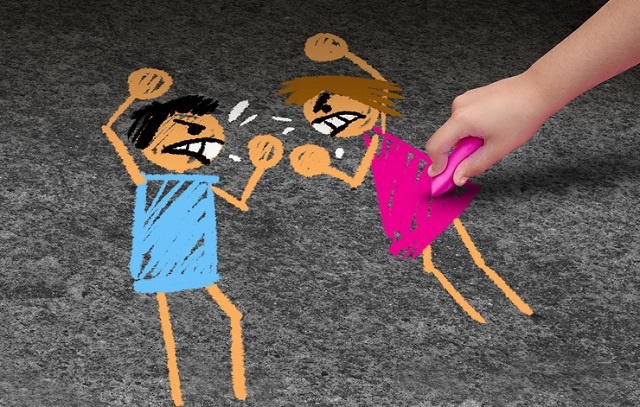
Remember:
- You are not alone. You are not responsible. You can get help.
- To protect yourself from domestic violence, you have to know your rights.
Also see: Suicide is not an option: Useful ways parents can help their teens this summer
Have a plan of action
If you are a victim of domestic abuse, you need to start planning what you would do in a crisis situation. This is critical for the safety of you and your children.
- This plan could include storing emergency clothes, money, special children’s toys, important documents, addresses and telephone numbers and duplicate car keys with someone you trust.
- Plan how to contact emergency help at any time. It may be useful to agree on signals with a neighbour if you can’t get to a telephone.
- Always carry a list of emergency numbers with you. (See below but also add your local numbers.)
- Make sure that the people you usually visit have a copy of the protection order and/or the warrant of arrest.
Whether or not you decide to leave the abusive situation, one of the national helplines or support services can help you to plan how to leave in an emergency and find a place of safety.
Also see: Printable: Emergency contact information
Leaving:
- If you decide to move away, make sure it is safe and that you cannot be traced straight away.
- Leave when your partner is not around, and take your children with you.
- Make sure that you have all essential documents.
- Research a list of safe houses and shelters in your area in case you urgently need a place of safety and protection.
Also see: "How boys learn domestic abuse, and how girls learn to forgive it"
Getting a protection order
Because those who commit abuse are violent or unstable people, the ones reporting the abuse may fear for their safety. Under the Domestic Violence Act and the Children’s Act, it is possible to obtain a Protection Order to prevent the perpetrator of the abuse from gaining access to his or her victim or the person reporting the abuse.
1. Report to the police
Before a Protection Order can be granted, the abuser must first be reported to the police.
2. Magistrate's Court
The order can then be obtained from the Magistrate’s Court to prevent the abuser from coming within a certain distance of the victim.
Important telephone numbers:
- SAPS emergency line: 10111 https://www.saps.gov.za/index.php
- Woman Abuse helpline 24hrs: 0800 150 150 http://lifelinesa.co.za/
- Childline 24hr helpline: 0800 055 555 http://www.childlinesa.org.za/
- Crimeline 32211 https://www.crimeline.co.za/
- Suicide Crisis Line: 0800 567 567 http://www.sadag.org/
- Tears Foundation: 010 590 5920 - HELPLINE *134*7355* https://www.tears.co.za/
- Families South Africa: 011 9757 106/7 http://famsa.org.za/
- Child welfare: 074 080 8315 http://childwelfaresa.org.za/
- Human Trafficking Resource Line: 0800 222 777 https://0800222777.org.za/
- Crimeline: 32211 https://www.crimeline.co.za/
- Gender Violence Command Centre: 0800 428 428 – for a social worker dial *120*7867 http://gbv.org.za/
- People Opposed to Women Abuse: 011 642 4345 https://www.powa.co.za/POWA/
Chat back:
Are you a victim of domestic abuse? Share your story with us, and we could publish your letter. Anonymous contributions are welcome.




 Publications
Publications
 Partners
Partners















